I love these wreaths. I have been buying them for years from another online retailer but they did not stock them this year. So happy to find them at the mill. They are the perfect gift for all the little old ladies in my life!
Efficiently delivered. Correct order. Easy checkout.
Wonderful logs, service, and delivery!
Horse likes it, I don't like the molasses in it. It freezes and is hard to scoop out in the cold.
Love your store. Fast shipping too.
Perfect for the nest. Thank you
best bird food ever.
Reasonable price, fast shipping, great communication!
Heavily overseeded in September '25 with the 3-Way Tall Fescue. Applied The Mill's starter fertilizer a week after seeding. A month later and the results speak for themselves.
BEST lotion! I cant get this anywhere near me. I looked online and found the Mill carries it so even though its expensive with shipping costs, its so worth it. It says hand lotion but I use this on my feet (I live in flip flops) and it is literally the BEST!
My goats love this feed. It’s produced locally. The Calcium:Phosphorus ratio is optimal for preventing urinary calculi. The price is reasonable.
I switched my Nankin bantams to this feed and they're doing great. They actually consume less of it so a bag lasts a long time. Less mess than crumble, too.
Absolutely enjoyable. Loved all the lectures, especially Cindy's -- she is a joy. Food was great. Venue was beautiful. Door prizes were fun. Awaiting the next program!
does an excellent job ==lawn green all year
My ducks love it and they are all beautiful and healthy.
The Mill delivers exceptional service with fast, reliable delivery and knowledgeable, friendly staff. Customers praise the high-quality products, competitive pricing, and efficient online ordering. Delivery drivers are courteous and helpful. The store offers a... The Mill delivers exceptional service with fast, reliable delivery and knowledgeable, friendly staff. Customers praise the high-quality products, competitive pricing, and efficient online ordering. Delivery drivers are courteous and helpful. The store offers a wide range of feed, seed, and garden supplies with great results reported across categories.
Read more424 North Main Street
Bel Air, MD, 21014
410-838-6111
Store Hours
M-F 8am-6pm
Sat 8am-5pm
Sun 10am-4pm
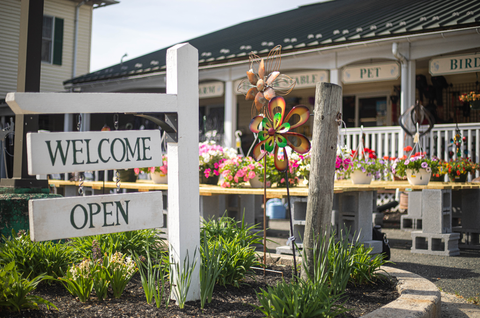
Closing at 4pm
Closing at 6pm
Closing at 6pm
Closing at 6pm
Closing at 6pm
Closing at 6pm
Closing at 5pm
4551 Norrisville Rd,
White Hall, MD, 21161
410-692-2200
Store Hours
M-F 7:30am - 6pm
Sat 7:30am-5pm
Sun CLOSED
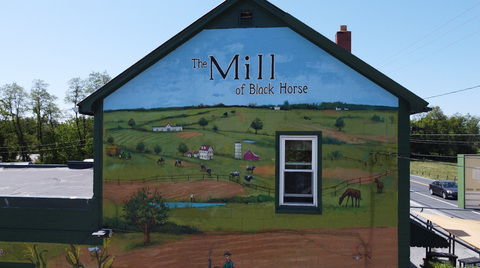
Closed
Closing at 6pm
Closing at 6pm
Closing at 6pm
Closing at 6pm
Closing at 6pm
Closing at 5pm
607 Hanover Pike,
Hampstead, MD 21074
410-374-6066
Store Hours
M-F 8am-6pm
Sat 8am-5pm
Sun CLOSED
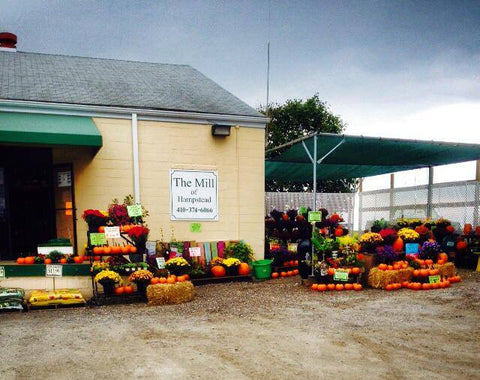
Closed
Closing at 6pm
Closing at 6pm
Closing at 6pm
Closing at 6pm
Closing at 6pm
Closing at 5pm
17106 York Rd
Parkton, Maryland 21111
410-329-6558
Store Hours
M-F 8am-6pm
Sat 8am-5pm
Sun CLOSED
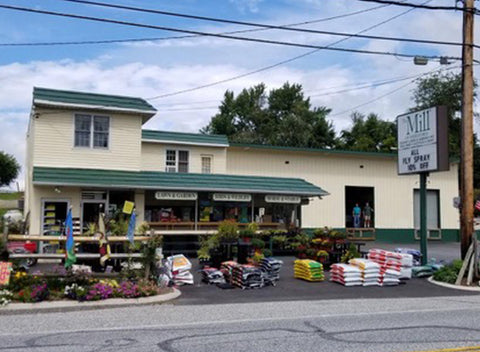
Closed
Closing at 6pm
Closing at 6pm
Closing at 6pm
Closing at 6pm
Closing at 6pm
Closing at 5pm
7121 Church Hill Rd
Chestertown, MD 21620
410-778-1551
Store Hours
M-F 8am-6pm
Sat 8am-5pm
Sun 10am-4pm
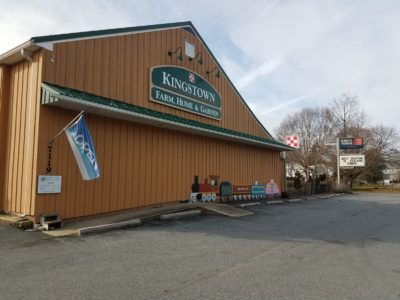
Closing at 4pm
Closing at 6pm
Closing at 6pm
Closing at 6pm
Closing at 6pm
Closing at 6pm
Closing at 5pm
327 East Broadway,
Red Lion, PA 17356
Store Hours
M-F 8am-6pm
Sat 8am-5pm
Sun Closed
Closed
Closing at 6pm
Closing at 6pm
Closing at 6pm
Closing at 6pm
Closing at 6pm
Closing at 5pm
308 Mill St.
Salisbury, MD 21801
Store Hours
Sun: Closed
Mon-Fri: 7:30 - 5:30
Sat: 8:00 - 2:00
What to expect at pickup
Closed
Closing at 5:30pm
Closing at 5:30pm
Closing at 5:30pm
Closing at 5:30pm
Closing at 5:30pm
Closing at 3pm
2422 Whiteford Rd
Whiteford, MD 21160
410-452-8177
Store Hours
M-F 8am-6pm
Sat 8am-5pm
Sun CLOSED
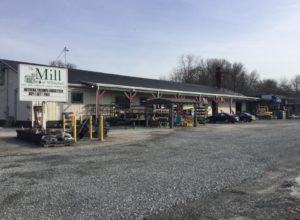
Closed
Closing at 6pm
Closing at 6pm
Closing at 6pm
Closing at 6pm
Closing at 6pm
Closing at 5pm











